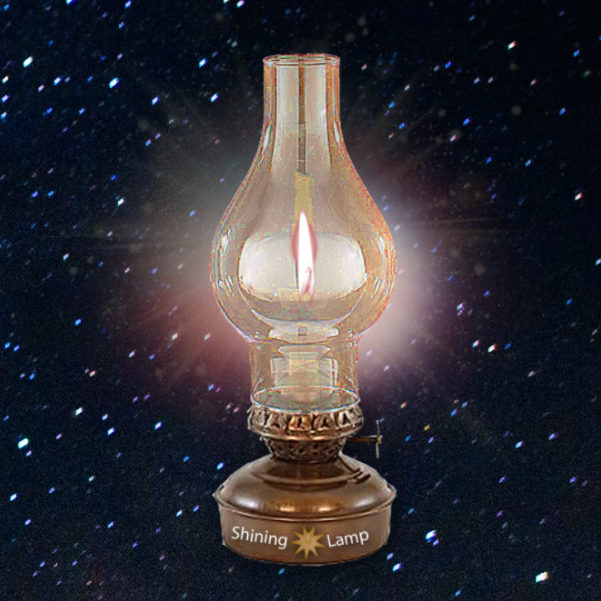Striving to remove barriers that prevent us from building Vibrant, Diverse, Inclusive, Accessible Communities!
In this TED Talk, Andrew Leland, a man with glasses, discusses his experience with blindness. Despite having some remaining vision, he identifies as blind due to his degenerative retinal condition called retinitis pigmentosa (RP). Leland shares that his vision loss started as night blindness in his teens and progressively affected his peripheral vision in his early 30s, leaving him with severe tunnel vision. He explains that the brain quickly adapts to this limited view, making it feel like a new normal.
Leland delves into the paradoxical nature of defining blindness, drawing a comparison with the "paradox of the heap." He emphasizes that blindness is not a simple binary distinction, but rather a spectrum with various degrees and styles of vision loss. He raises awareness about misconceptions surrounding blindness and the diverse capabilities of blind individuals.
A thought-provoking photo of a Black woman with a white cane looking at her phone challenges traditional perceptions of blindness. Leland questions the assumptions people make based on appearances and highlights that blind individuals may still have some sight or utilize assistive technology.
The speaker reflects on the gradual nature of his vision loss, which has allowed him to ponder what blindness truly means. Despite his personal challenges, he feels privileged to cherish the sights he can still perceive. Leland cautions against rigid categorizations of blindness, as it may lead to harmful stereotypes and misconceptions about blind people. He encourages understanding and acceptance, reminding the audience that blind individuals can still engage in various activities like making eye contact, watching movies, or using their phones.
In conclusion, Leland's TED Talk sheds light on the complexities of blindness, advocating for a nuanced understanding of this diverse human experience.
Share or Print with:

